Hurricane Season 2020: How Much Destruction Can We Expect?
Updated Nov. 5 2020, 7:50 p.m. ET
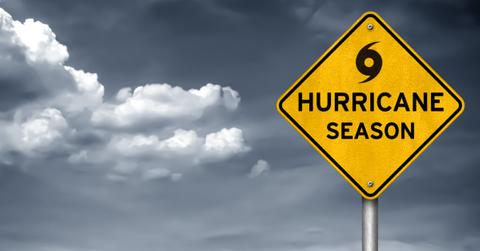
If the destruction wrought by Hurricane Katrina is any indication, hurricanes are becoming much more dangerous in recent years. Katrina struck more than 15 years ago, but the after-effects of that devastating storm have been felt by everyone who was unfortunate enough to be in its path. Since then, hurricanes have become a regular topic of conversation and a serious threat to consider on an annual basis.
For decades now, meteorologists have been trying to understand the connection between climate change and these phenomenal storms. There are many indications that global warming has a serious impact on the severity of hurricanes, but if that’s true, what does the remainder of 2020 hold for those who live in the path of these impending storms?
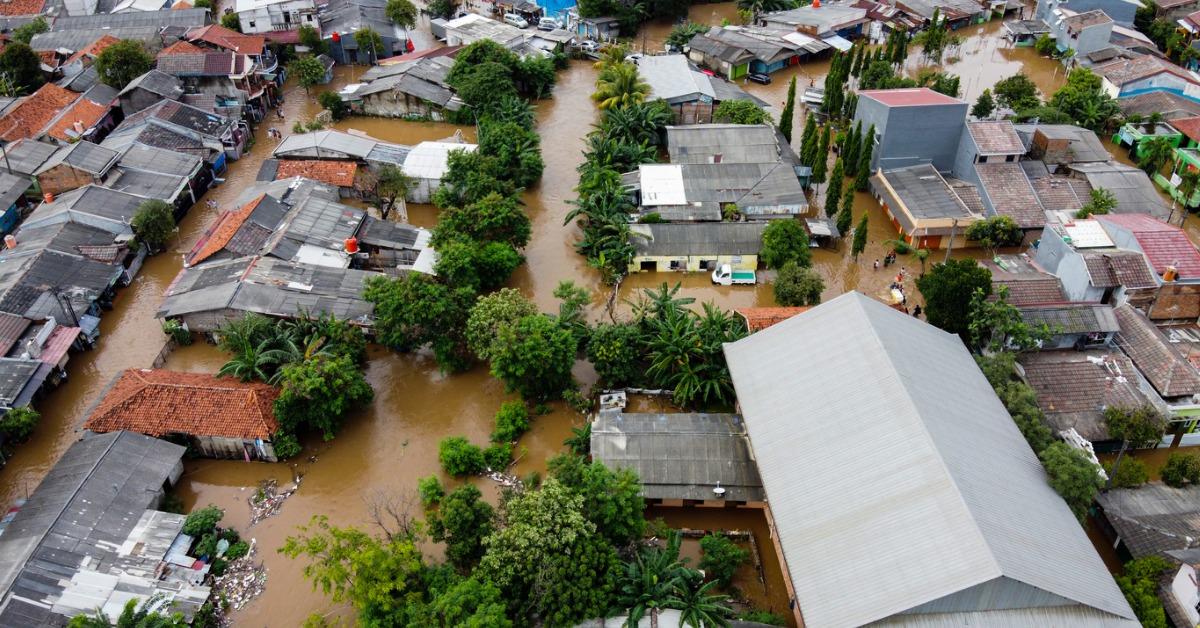
What is a hurricane?
For those who don’t know, hurricanes are large rotating storms that form over tropical or subtropical waters in the Atlantic Ocean. These low-pressure weather systems draw upon warm water and atmospheric moisture in order to grow. If not slowed by patches of land or dry air, they will continue to grow in size and strength. Some hurricanes have been known to be 60,000 feet tall with winds from 74 to 156 miles per hour (mph).
Why are hurricanes named?
Hurricanes or even severe tropical storms are only given names once they have sustained winds of more than 39 mph. They are then categorized out of five. Category three hurricanes are classified as major hurricanes and can have winds of up to 111 mph. These storms have enough power to damage homes and snap trees. Category 5 storms, on the other hand, can reach up to 157 mph and can cause massive damage to property and loss of life. Hurricane Katrina was one such storm, as was Hurricane Maria in 2017, which flattened much of Puerto Rico.
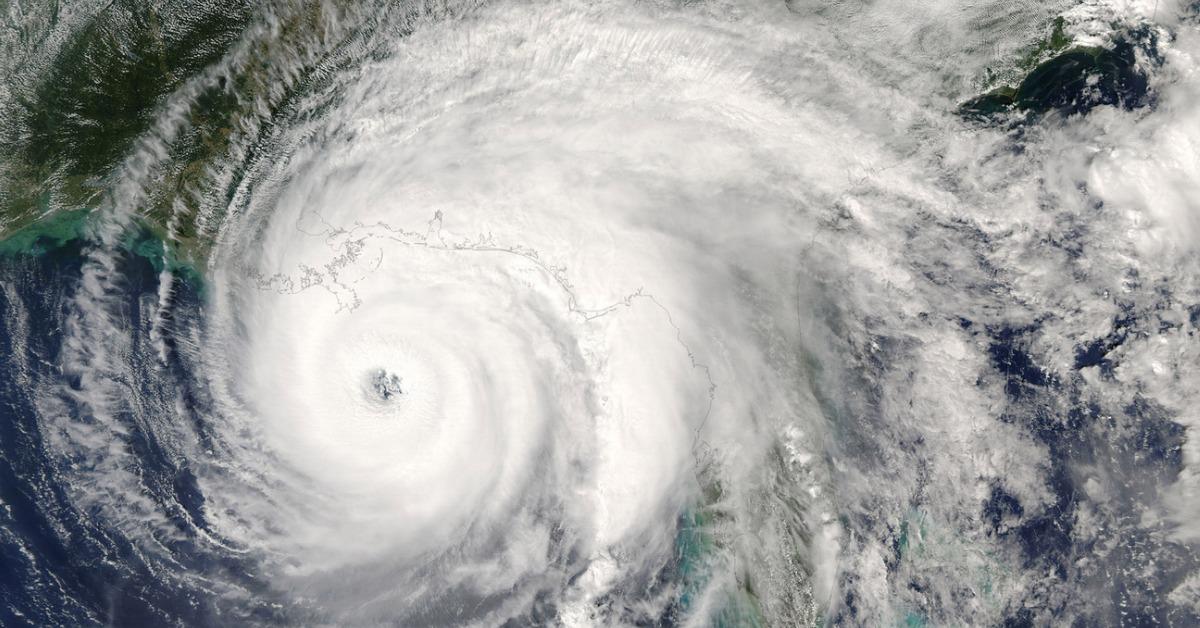
When does hurricane season begin in 2020?
Hurricane season in 2020 officially began on June 1 and goes until about November 30. Storms can form after that date, of course, but warmer water usually makes for more powerful and longer-lasting hurricanes. They can start earlier too, as we saw on May 16, 2020, when Tropical Storm Arthur became the first named storm of the year. This early start to the hurricane season was not unusual, though. In fact, Arthur marked the sixth consecutive year that storms have formed prior to June.
This is in keeping with this alleged trend of increased severity as a result of global warming. Think about it: a warmer atmosphere means shorter winters and warmer waters overall, especially in tropical or subtropical regions — places where hurricanes love to live. As of late October 2020, a total of 11 hurricanes have been identified. Four of them were considered major hurricanes.
We have also had 15 tropical storms, one subtropical storm, and a tropical depression. This last storm certainly tracks for 2020. Everyone and everything else is depressed, so why shouldn’t tropical storms be so as well?
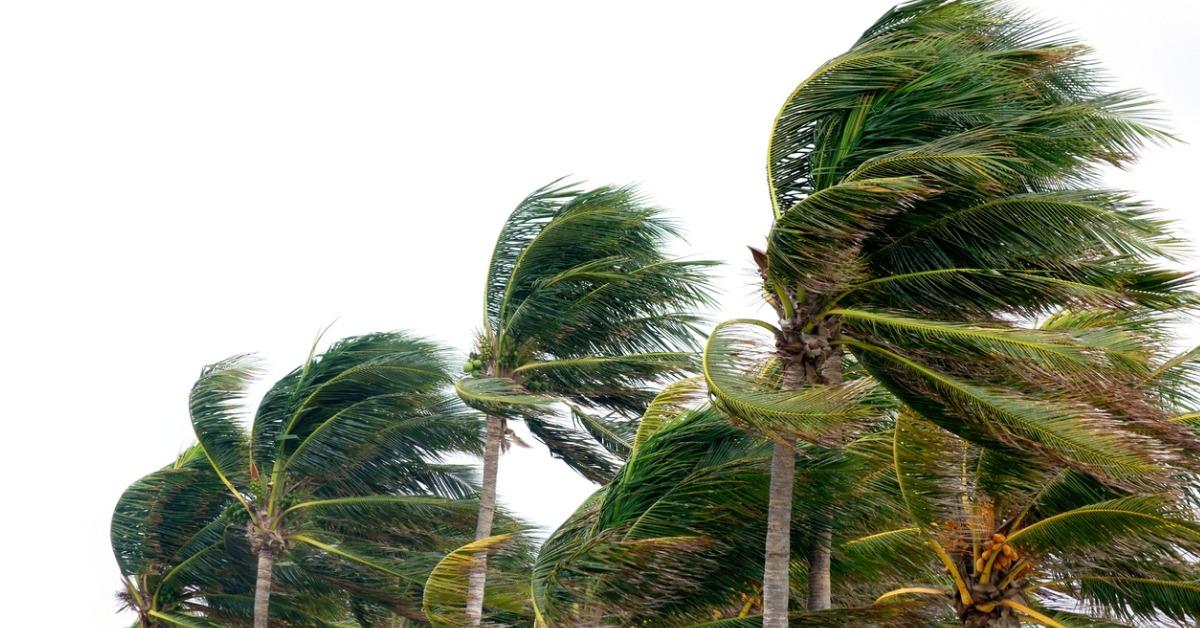
What are the predictions for the rest of 2020 hurricane season?
Early predictions from this year promised an extremely active season and the number of observed storms has exceeded those early forecasts. Thankfully, none of those storms were overtly destructive — not nearly as destructive as Katrina and Maria, anyway. Current El Niño climate conditions might still mean an increased storm activity in the Atlantic. And though these conditions tend to quiet hurricanes, it does nothing to decrease the sheer number of storms we are seeing in recent years.
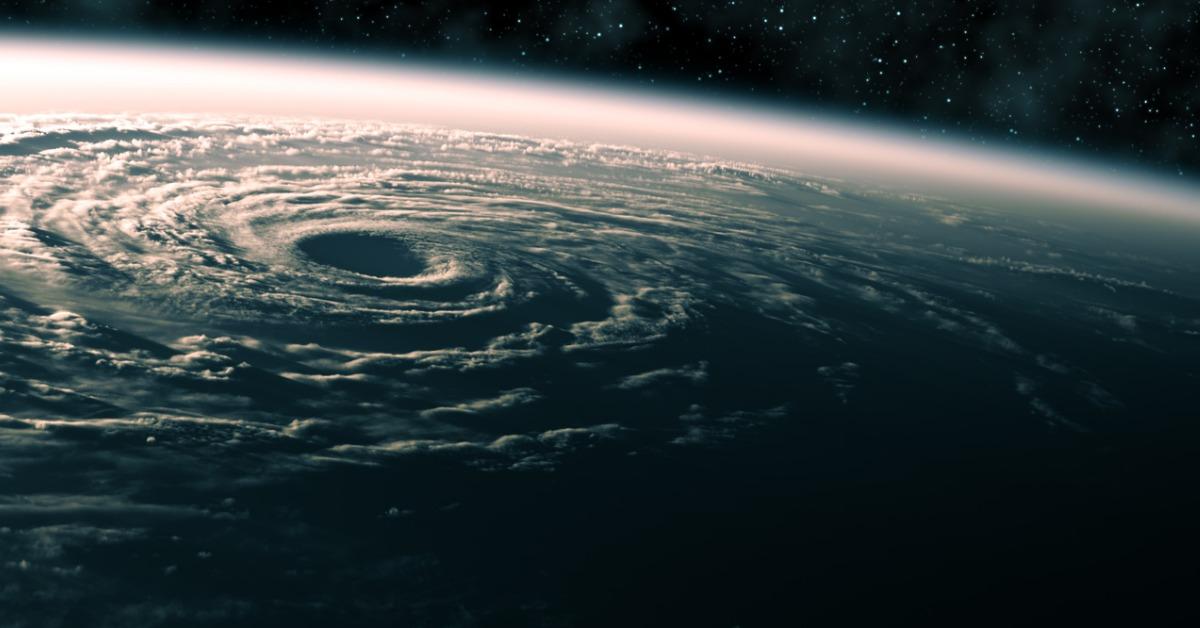
Is climate change to blame for this increase in storms?
There is growing evidence that the warming of the atmosphere and the upper ocean is causing more destructive storms. The irony is that the destruction heaped upon humanity by the hurricanes is humanity’s own fault. Our use of fossil fuels for heat and electricity, and our rampant use of petroleum products, is perhaps the greatest cause of global warming.
The resultant warming created an expanded band of warmth around the planet’s tropical and subtropical zones, which results in a larger area for hurricanes to develop. This can also account for how destructive hurricanes have been when hitting land much further north than they had in years past.